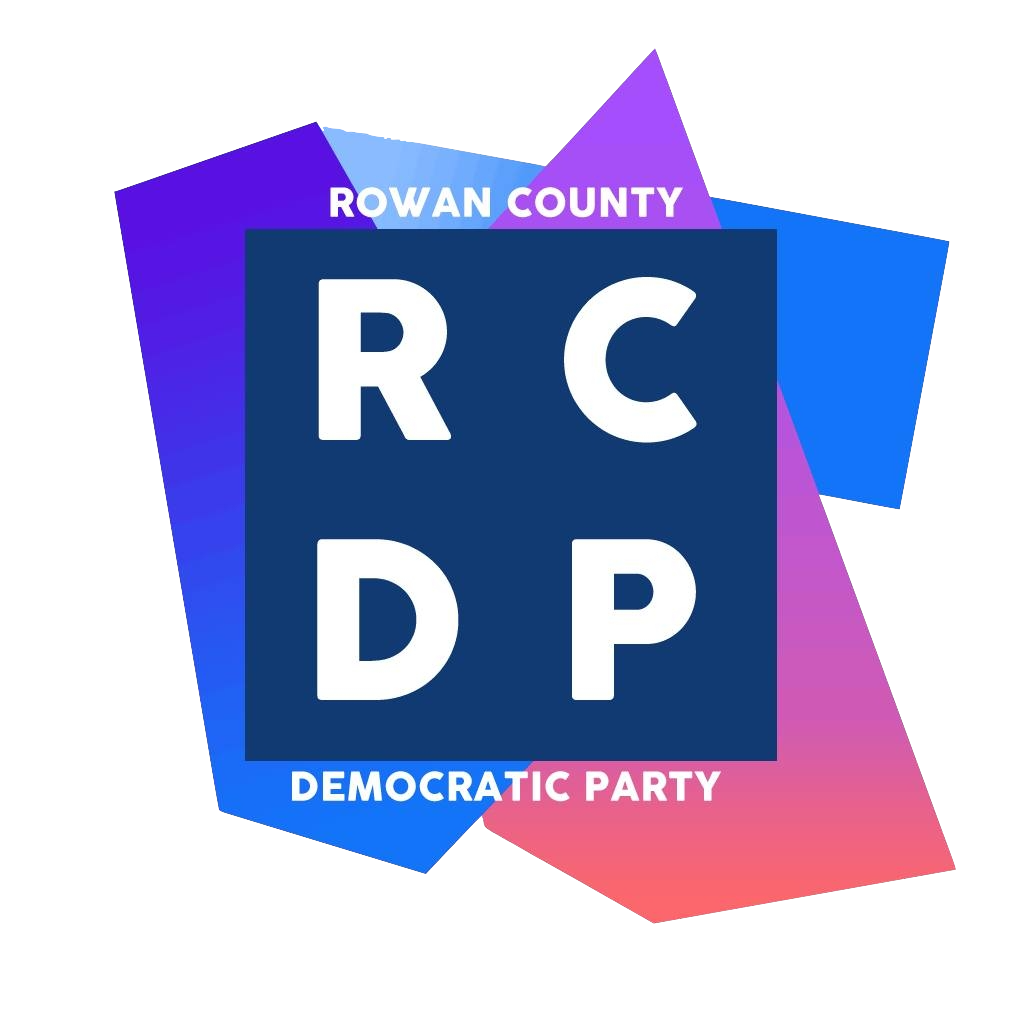I am weary of partisan politics. My fervent hope is that voters of any political stripe will reject this unnecessary, divisive and counter-productive attempt to divert our attention from focusing on the merits of all school board candidates and the critical issues facing our schools.
Well, here we go again. For those who may not remember, our two local legislators brought a bill proposing partisan school board elections, by which candidates would have an R or D after their name, before a school board hearing back in 2017. Every single speaker opposed the idea and it died.
Now seven years later, those same legislators got our General Assembly to mandate this issue go before voters in a referendum on the Nov. 5 ballot. The benign rationale is that allowing voters to decide this issue is the fairest approach. Don’t be fooled.
There is an alarming trend by Republican-controlled legislatures all across the country to advance their education agenda by making school board elections partisan. Only four states mandate partisan elections, N.C. is one of only five that allow the option of being partisan or not, and 41 states — the vast majority — mandate no party labels.
Of the 115 N.C. school districts, more than 50 are or will be partisan in 2024. We simply cannot allow ourselves to be one of them. First and foremost, we do not need any more partisanship injected into our already highly polarized atmosphere! Especially on a school board where political ideology should play no role when focusing on students and their academic success.
Partisan elections also jeopardize the healthy dialogue that comes from diverse opinions so critical to decision-making. That’s because — let’s be honest — our heavily Republican county is bound to elect only those with an R after their name. And make no mistake — that’s exactly what our legislators are counting on.
Unless only a single candidate from each party runs per district, partisan elections necessitate primaries. Republicans and Democrats must take their own party ballot, but Unaffiliates must choose a ballot. What if they like a Republican in one district and a Democrat in another? They’re precluded from making that choice. Not to mention the added expense of candidates running in both a primary and, if successful, in the general election.
Primaries can also eliminate good candidates from the same party. It’s not like dozens run for school board, for heaven’s sake! We have three open seats this year: one candidate is unopposed, two are running for a second seat, and three are running for a third seat. Who cares what their party affiliation is? Why whittle down our choices to a single Republican and Democrat per district? Let them all run and make their best case for being elected!
Our legislators say party labels give voters important information. Like what? Pre-conceived notions about where candidates might stand on education issues? Voters have plenty of opportunities to learn all they want about candidates by perusing their website, attending public forums, communicating with them directly, even asking the advice of their party leader. Partisan labels create lazy voters who could be discouraged from critically assessing each candidate.
Here are other issues to consider. Unaffiliates is the fastest growing voter registration bloc across the U.S. and N.C., now ranking second to Republicans in Rowan County. There’s an obvious reason for this: people are increasingly dissatisfied with both parties and don’t want to be aligned with either one. But partisan elections preclude Unaffiliates from running for anything, including school board, unless they either change their voter registration to Republican or Democrat, perhaps violating their conscience, or gather 4,000 signatures (4 percent of registered voters) to be on the ballot as “Unaffiliated,” posing an unfair burden. Why shouldn’t Unaffiliates have the same opportunity to run for school board like everyone else who claims a party affiliation?
Partisan elections can also discourage other potential candidates. It is a little-known fact that government employees — whether city, county, state, or federal — face restrictive, and often confusing, laws governing their ability to run for or hold a partisan office and are advised to check with their employer to avoid problems. Non-profit sector employees could also be discouraged from running for school board for fear of exposing political bias while working for a tax-exempt organization.
Several current school board members and candidates have told me they were never asked for their opinion on partisan elections, do not support them, and never knew this referendum would be on the ballot until it was a done deal. I find that deceitful and disrespectful.
I am weary of partisan politics. My fervent hope is that voters of any political stripe will reject this unnecessary, divisive and counter-productive attempt to divert our attention from focusing on the merits of all school board candidates and the critical issues facing our schools.
Mary James

